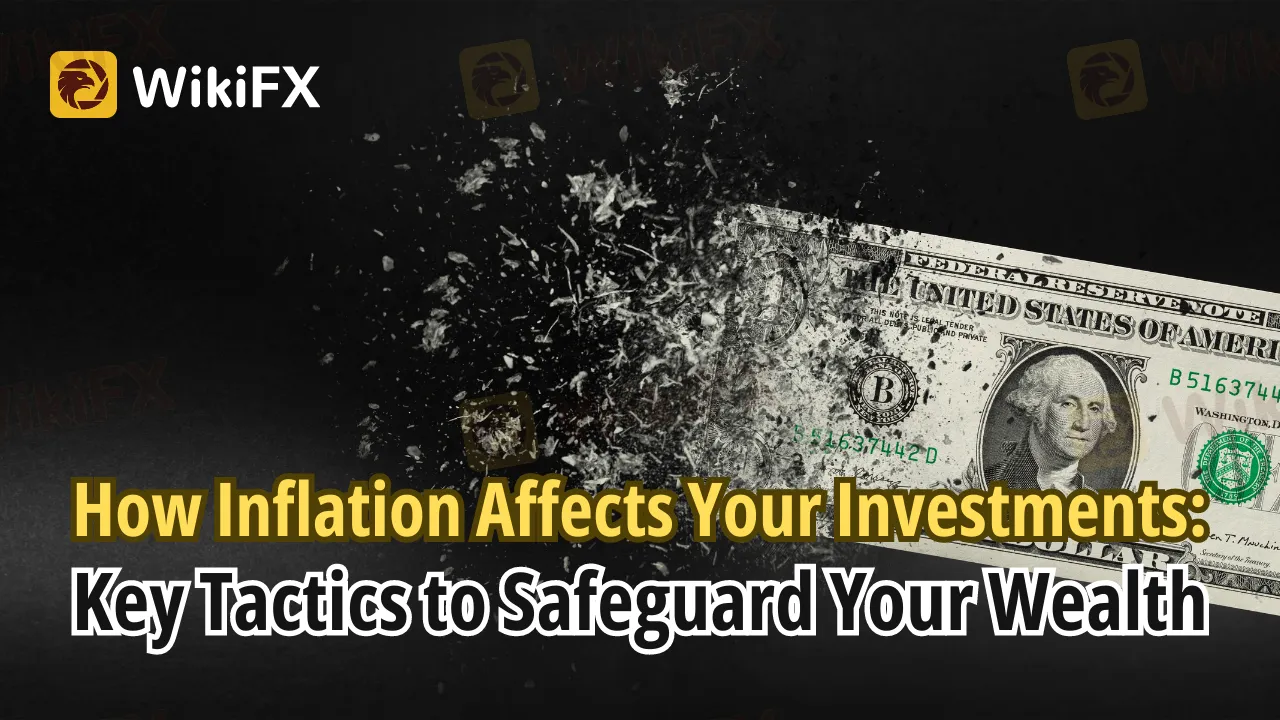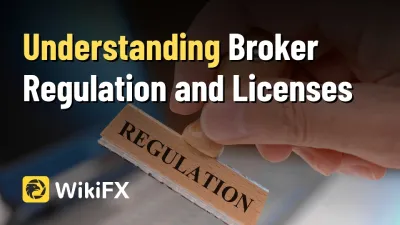Robinhood’s Bold Bet: Tokenized Stocks That Trade 24/7
Robinhood is reinventing stock trading with tokenized, 24/7 equities on the blockchain—ending settlement delays and redefining how markets move.
简体中文
繁體中文
English
Pусский
日本語
ภาษาไทย
Tiếng Việt
Bahasa Indonesia
Español
हिन्दी
Filippiiniläinen
Français
Deutsch
Português
Türkçe
한국어
العربية
Abstract:Explore the effects of inflation on investments and learn key strategies to safeguard your wealth. Understand how to combat inflation's erosive impact on your financial future.

Inflation is often dubbed as the silent destroyer of wealth. Without due attention, it can erode the value of your investments, making it essential for all investors to gauge its effects and adjust their strategies accordingly. Let's delve into how inflation can affect your investments and explore ways to shield your wealth from its grasp.
At its core, inflation represents the gradual increase in the prices of goods and services. This escalation results in the reduced purchasing power of money over time. In simpler terms, the same amount of money can buy fewer items than it could in the past.
Notably, since the Covid-19 pandemic, global inflation rates, including South Africa's, have seen a surge. Factors contributing to this hike include supply chain disruptions, expansive government financial interventions, plummeting interest rates, escalating oil prices, and workforce shortages.
South Africa witnessed its inflation rate peak at 7.8% in July 2022, a figure significantly above the 4.5% target set by the South African Reserve Bank (Sarb). Such surges in inflation led to subsequent hikes in interest rates. However, the silver lining is the recent downtrend since that peak, with June 2023 marking an inflation rate of 5.4%.
Loss of Purchasing Power: Your investments may appear to grow in value, but once inflation is factored in, the real worth may stagnate or even diminish. If you gain a 5% return on an investment with a 3% inflation rate, your real profit is only 2%.
Fixed-income Investments: Bonds, for instance, become more vulnerable during inflation. The purchasing power of interest payments from these securities can decline, and when the bond reaches maturity, its principal might be worth less than at the outset.
Equities: Although stocks can act as an inflation buffer, they're not immune. High inflation can raise a company's operational costs, affecting its bottom line. If these businesses cannot transfer this price rise to consumers, their profitability may suffer, impacting stock values.
Real Estate: Properties often fare well during inflationary phases, as their values tend to appreciate. They also offer rental income potential, which might grow in tandem with inflation.
Diversification: Spreading your investments across varied asset classes can cushion the blow of inflation, balancing out any losses with gains elsewhere.
Inflation-adapted Securities: Options like Treasury Inflation-Protected Securities (TIPS) adjust their worth based on inflation metrics, ensuring you remain a step ahead.
Stocks: Despite occasional hiccups, equities usually have a track record of outpacing inflation in the long run. Companies adept at maneuvering through inflationary times tend to sustain or even boost their market value.
Tangible Assets: Physical properties, precious metals, commodities, and infrastructure projects can be beneficial due to their intrinsic worth and potential appreciation.
Inflation can be a formidable adversary for investors. However, by grasping its implications and employing well-thought-out strategies, it's possible to turn the tide in your favor. Staying updated and harnessing expert advice are instrumental in fortifying your investments against inflationary challenges.
For continuous updates on financial developments, consider using resources like the WikiFX App. Find it at: https://www.wikifx.com/en/download.html.

Disclaimer:
The views in this article only represent the author's personal views, and do not constitute investment advice on this platform. This platform does not guarantee the accuracy, completeness and timeliness of the information in the article, and will not be liable for any loss caused by the use of or reliance on the information in the article.

Robinhood is reinventing stock trading with tokenized, 24/7 equities on the blockchain—ending settlement delays and redefining how markets move.

Latest India Mazi Finance scam: Failed XAUUSD execution despite margin, costing $675—fake “insufficient balance” excuse. Protect funds, read the full report now!

Does Pemaxx prevent you from withdrawing funds once you make profits? Has the Mauritius-based forex broker disabled your trading account upon your withdrawal request? Do you fail to withdraw funds despite meeting the trading lot requirements? These scam-like trading activities have allegedly become a part of the broker’s operation, as many traders have complained about them online. In this Pemaxx review article, we have highlighted their comments against the forex broker. Keep reading!

Mastering forex broker regulation ensures you avoid pitfalls and select trustworthy platforms. We’ll cover regulator types, license details, the distinction between licensed and registered, and practical steps.
